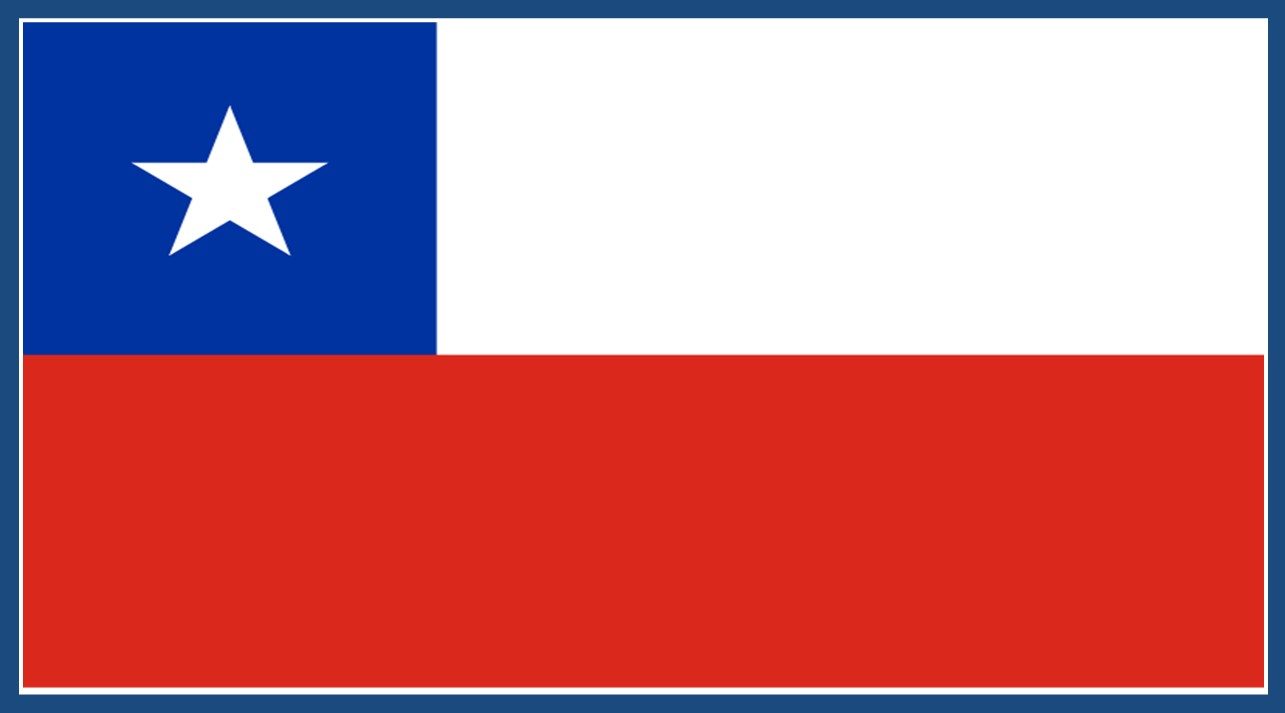Chile’s Senate has moved a step closer to putting rules around online betting Chile. Lawmakers gave their approval in a general vote, setting the stage for more detailed discussions in the Economy and Finance committees. Senators now have until September 29 to put forward changes before the bill moves further.
The session ended with 27 votes in favor, 3 against and 5 abstentions, which was enough to keep the proposal alive. The bill zeroes in on a booming market that pulled in over US$3.1bn in 2024 without paying taxes. Reports suggest more than 5 million people in Chile have already used these platforms.
The draft law sets out to build a competitive and controlled market for online betting. It also focuses on protecting players, making money flows more transparent, and ensuring proper oversight. Lawmakers stressed the need for the state to also step up against illegal slot machines and unlicensed casinos.
A big part of the debate focused on how young people are being exposed to gambling, with cases of children as young as eight joining these platforms. Senators also flagged concerns about older adults and lower-income groups who may be more vulnerable. Heavy betting sponsorships and ads in sports events were also criticized.
Tax revenues sparked another round of arguments. The government says regulation could bring in more than CLP 84bn (ca. USD 87.4 million) a year. Some senators, though, pushed back, questioning if the goal is really to tackle the black market or just formalize it under new taxes.
Finance minister Mario Marcel and deputy minister Heidi Berner stood firmly behind the project. Berner pointed out that today’s laws simply don’t give authorities the tools to go after online gambling. Marcel added that the proposal ties into another bill on economic intelligence that also redefines illegal gambling.
The plan also brings in a National Responsible Betting Policy to deal with gambling addiction and mental health concerns. It would limit advertising, ban betting by people who can influence sports outcomes, and force internet providers to block unlicensed sites. The bill also proposes criminal penalties and would channel part of the revenues into sports programs.
Please find more news here.
